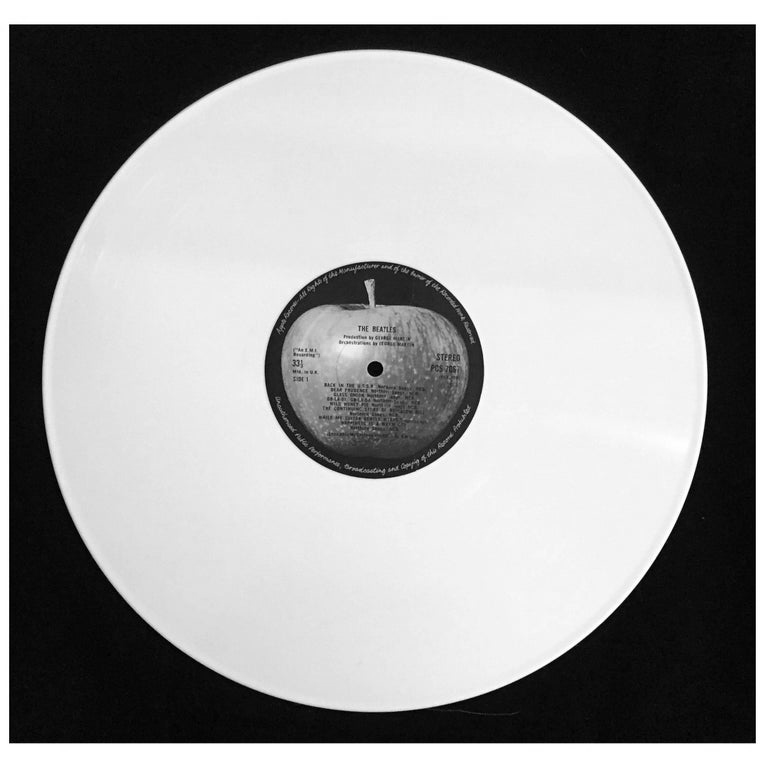How music now was influenced by music in the ’70s
The relevancy of the ‘70s is still thriving now, and will continue to be for the rest of mankind because of how the retro rhythms changed music. I see a lot of TikToks and videos in general where people use these amazing songs from the ‘70s, and they have galvanized me into thinking back to just how music from the ‘70s has created a more loose and vast selection of music for everyone living in the modern age.
The ‘70s was a decade of liberating what were already natural concepts of our society as humans. Music theory is in fact one of the most historically advancing things. It’s been said that music evolves by the process of natural selection, the same way humans have been evolving since the beginning of time. The science behind music is actually very straight-forward: organisms in nature make sounds and so do man-made instruments. But not everything has to be so scientific. Musical artists make sure their songs are well-rounded and resonate with the modern audience, but how is modern music so different from how it was 200 years ago? Well, there was an explosion in between the 1800s and the 2000s, and that explosion was from the amplifiers at every far-out concert in the ‘70s thanks to the inspiration from stimulating protests and rage towards politicians.
The hedonistic ‘70s didn’t start with just peace culture as a swift transition. Music took society by the reigns and yeehawd to victory, but with trial and error. Anti-war protests were huge during the ‘60s-’70s, because of the Vietnam War. American celebrities like Jane Fonda were bashed for their participation in protesting against the war, as it was seen as unpatriotic. But music at this time was a way to resonate with people in a way completely different from how it could ever do so before. Any other famous person would be shamed for spitting hate on their own country’s decisions, but if it’s a good singer singing a song about hating America, it keeps everyone leaning their ear in closer. Once upon a time in the real “summer of ‘69”, a man wrote the official anthem for the antiwar movement that people sang in masses at protests to assert their undying desire for a peaceful planet, and that man’s name was John Lennon.
These days, it’s common to see any of your favorite musical artists expressing some sort of desire or hatred they have for a certain thing, thanks to the liberating ‘70s. In the start of the twentieth century, I can imagine that no one would’ve thought that some day music would be the only promising thing humanity could use to informally agree with each other, whether it be in a nostalgic or meaningful way. Music now has a different strive for liberation that music in the ‘70s had. Back then, songs like “We Are the Champions” and “Stayin’ Alive” were (and still are) considered feel-good songs that we listen to to be in a cheerful mood. Now, many songs have a provocative twist to them with sexual lyrics, especially by female artists. There’s a lot of negativity and judgement towards female singers, like the promiscuous singer Lana Del Rey, who express sex in their songs and music videos, as it irks socially traditonal people, conservative old people, and just sexist people. The first song known to be about “adultery” was actually written in the early twentieth century, called “I Love My Wife, But Oh, You Kid!” But songs were very dull in general during this time, and things went eerie once the tribulations of the ‘20s rolled in. It’s said American music was dull even up until the ‘60s, even though rock-n-roll was born in the ‘50s. Music really changed when The Beatles made music for teenagers, not just about “adultery”, but their music was overall liberating in general and sparked literally millions of people to fall for them. The ‘60s and ‘70s motivated music for the following decades. The ‘80s was all about “happy-go-lucky” and positive fun music with people constantly dancing and listening to music. That motivation carried on, and even now you can see people walking down the street with earbuds in their ears.
In the music I listen to now, there are many components that remind me of music from the ‘70s. Lyrical gods always seem to insert pop culture references in their songs, and the adultery from modern songs shifts into a ‘70s burlesque show playlist. Thanks to the wonderfully brilliant and inspiring sounds the ‘70s gave humans in their music, the emotional connection through song feels much different: they perfected music, and now these days we have a variety of music that no longer feels dull, but instead entirely natural to our expectations of how a song should affect us. Last year during the start of quarantine, music was a friend that I, and many others, felt connected to. Whether you listen to rock-n-roll, smooth jazz, or anything in between, it’s undeniable that the ‘70s is the reason those songs have the spirit we need to “stay alive.”
Your donation will support the student journalists of Fargo North High School. Your contribution will allow us to resume physical printing of our newspaper for students at Fargo North!





